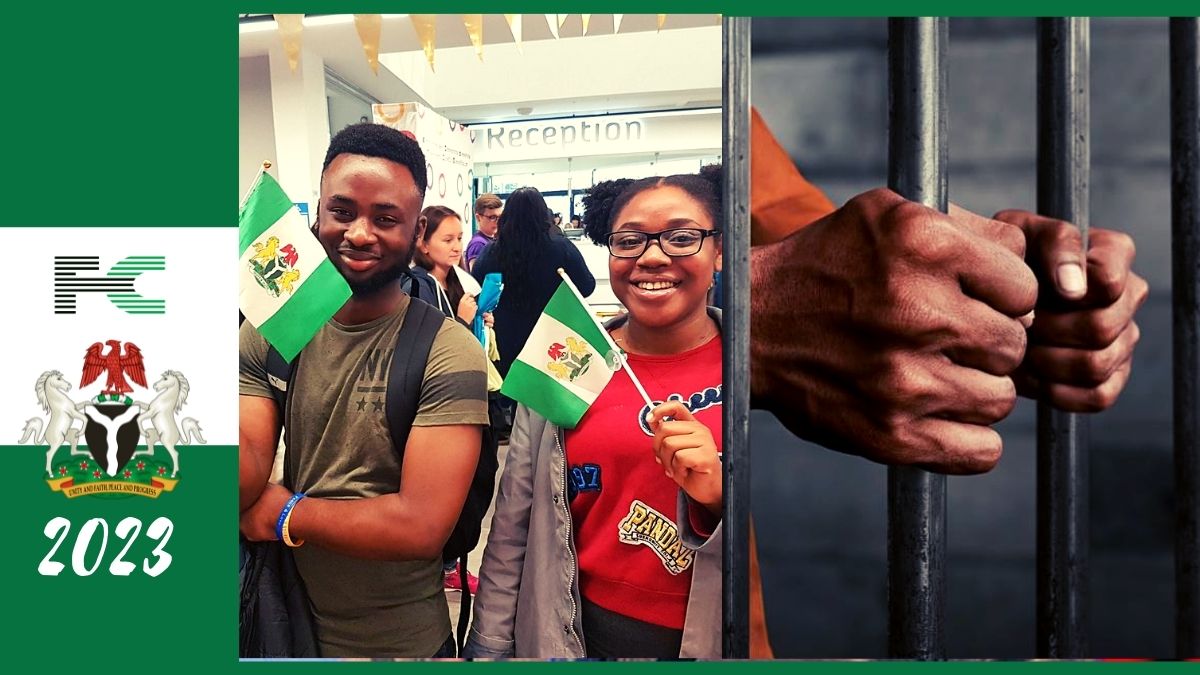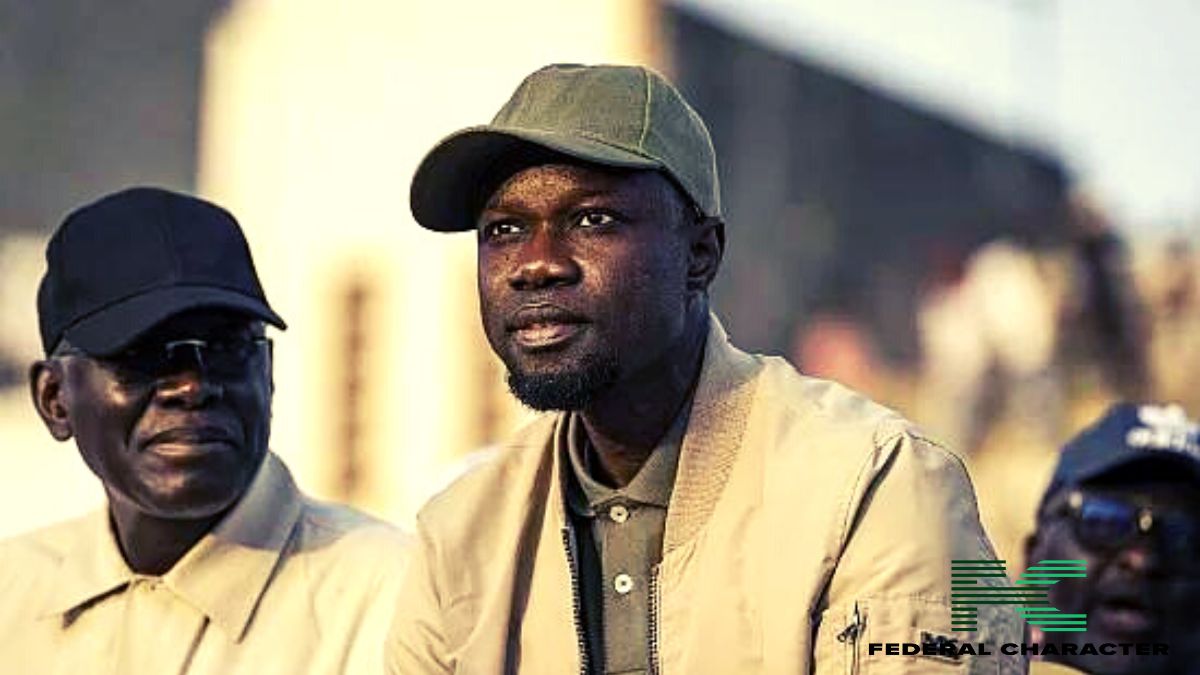It is barely 12 months to the 2023 General elections and even though President Muhammadu Buhari had recently signed the Electoral Act into Law, there is an urgent need to amend the Law to reflect the reality of the changing dynamics of the country’s electoral process.
Nigeria, Africa’s largest democracy, passed up a golden opportunity to effect a landmark in her electoral system when the National Assembly voted to reject changes to the constitution to allow citizens living abroad to vote in national elections.
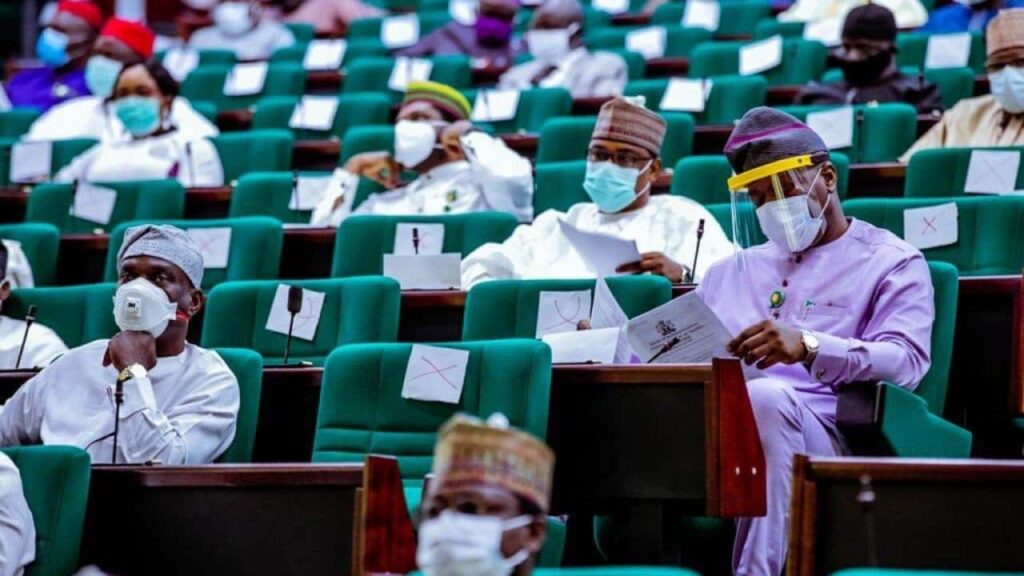
The population of Nigerians living abroad is estimated at 1.7 million by the United Nations Department of Economic and Social Affairs (more than the combined population of São Tomé & Príncipe, Seychelles, Western Sahara, Comoros) and any hope that this sizable demography would be allowed to have a say in the electoral fortune of their home country was shot down when only 29 senators out of the 92 present in a 109-member Senate voted in support of the proposed amendment. For a constitutional bill to pass, it requires the support of at least two-thirds of the 109-member Senate.
By shutting the door on Nigerians in Diaspora from voting in the electoral process, Nigeria effectively denies a sizable bloc which has the economic influence of a right to exercise its political right.
According to the World Bank, it was projected that as much as $17.6 billion was remitted into Nigeria in 2021 which represented a 2.5 per cent increase from $17.2 billion recorded in 2020 and, with the economic crunch still biting harder, this figure is certain to rise further this year.
So, if Diaspora Nigeria were to be a political unit, it would be one of the largest local governments in Nigeria by population and bigger than many state governments by revenue. So, you want to ask, why will anyone want to disenfranchise this potentially powerful unit of influence?
Apart from Diasporans, another set of Nigerians that the time is ripe to consider enfranchising will be those incarcerated by the state. According to an online source, there are 70, 797 prisoners in Nigeria including pre-trial detainees / remand prisoners as at the end of January, 2022. That is a rate of 33 in every 100,000 of the total population, a sizable number.
If, going by its recently changed nomenclature, the prison system is now correctional then inmates should be allowed to have a sense of belonging by being given voting rights even behind bars. This will give them a sense of belonging and as well enhance voter participation in elections. A win-win for everyone.
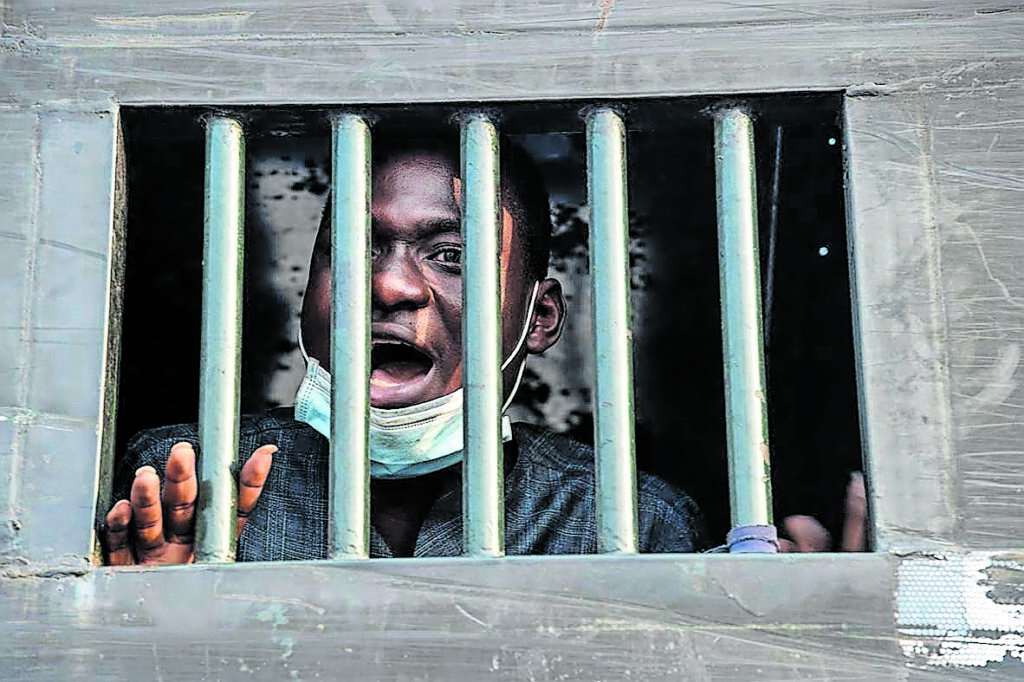
Fortunately, the Senate has requested that the Independent National Electoral Commission allow detainees to exercise their right to vote after determining the status of individuals who are constitutionally and legally qualified to vote.
This was one of the Senate’s resolutions in response to Senator Patrick Abba Moro’s motion headed “The Right of Prison Inmates to Vote in General Elections in Nigeria: Statutory, Inalienable, and Non-negotiable” (Benue South).
“The Senate recognizes the inalienable and natural right of each individual,” Senator Abba Moro remarked. The right to citizenship is one of these rights. Although incarceration is one of the legal bases for denying a person or an offender in custody of some rights, citizenship cannot be taken away at any time.
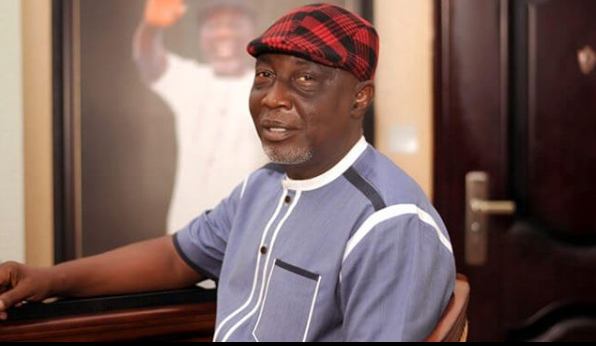
“Notes also that citizenship, as enshrined in the Nigerian Constitution 1999 (as amended), entails a number of clearly defined rights and civic responsibilities, one of which is the right to vote in general elections;
“That being in prison should not be an impediment to registering and voting as guaranteed in Section 24 of the Electoral Act, 2022 and that denial of a prison inmate’s access to the electoral process constitutes an infringement of their rights as Citizens of Nigeria as provided for in Section 25 of the Constitution of the Federal Republic of Nigeria, 1999 (as amended) which confirms the definition of who a Citizen is, as well as Section 12
“In light of the estimated 68,000 inmates in various prisons across the country, as well as the statistics of those awaiting trial who are presumed innocent until proven guilty in the eyes of the law, it is forthright and just that such persons be allowed to exercise their franchise, and it will be illegal and unlawful for any individual or agency to deny inmates their right to vote.”
Hopefully, the Senate will do the right thing for Nigerians, including those in prison and those living abroad. It is the path to a democratic system that is both inclusive and participatory.

